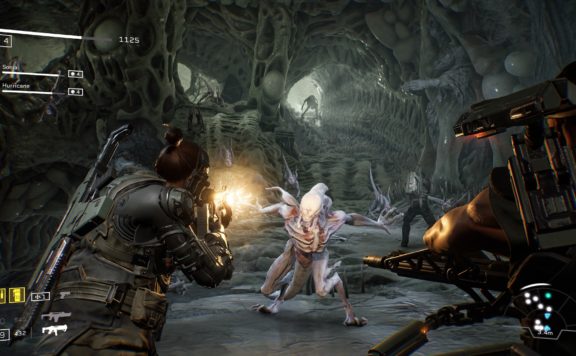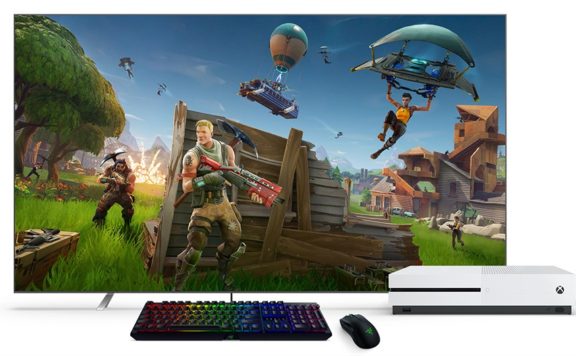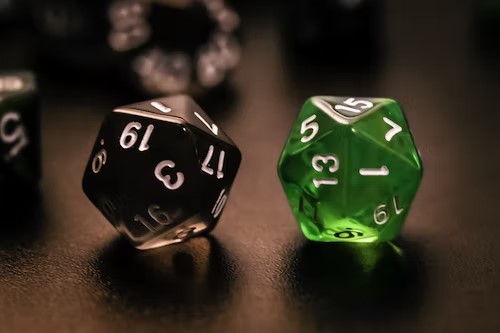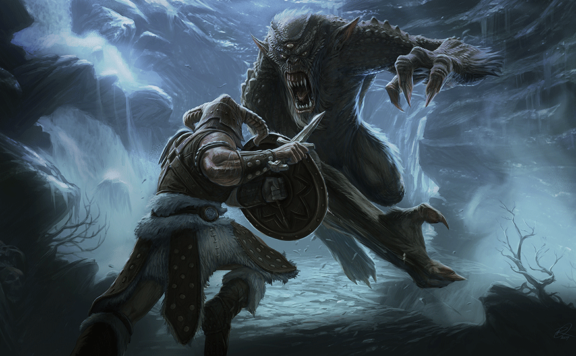The video game industry is one of the most competitive and fast-moving regarding the volume of new releases each year. You’ve got your major titles like FC 24 or Call of Duty, many of whom will maintain release schedules on an annual basis. Beyond that, thousands of independent and mid-level development studios are building new titles to challenge them. The trajectory of a title is often shaped by the strength of its initial launch campaign, given how quickly the industry will move onto the next release. Game developers are consistently challenged to bring innovation and creativity to their products, but the launch campaigns make up just as much investment in some cases. Here are some of the brightest we’ve seen, and why they work so well to win market share and loyal users, in some cases building dynastic groups of users who return year after year.
Apex Legends: The ‘Stealth’ Launch
Apex Legends (2019) took the gaming community by some degree of surprise with what was effectively a stealthy and strategic launch. In one of the brightest launches in recent memory, Respawn Entertainment, the developer, opted for a surprise release without any prior marketing or announcement at all. The game was unveiled and made available on the same day. But it’s not a misguided move, far from it.
This unique approach actually created a massive buzz and generated curiosity. The surprise factor, combined with the game’s polished mechanics and the battle royale genre’s popularity at the time, contributed to rapid success. “Apex Legends” reached 25 million players within a week of its launch, showcasing the potential of a well-executed surprise release strategy. It’s harder to pull off than simply spending and expecting output, but when it works, it’s astonishingly effective.
No Man’s Sky: From Controversy to Triumph
No Man’s Sky (2016) seemed too good to be true. A compelling narrative of a launch campaign, offering the vacuum of space for players to explore, faced initial skepticism but ultimately triumphed. They heavily promoted an expansive, procedurally generated universe. Something on this scale had never been done, and the game generated immense pre-launch excitement. Although it faced criticism upon release for falling short on several levels, the development team responded rapidly to prove their mettle and offer what they had advertised. Subsequent updates were some of the brightest ever implemented and transformed the game into a success story that highlighted how overpromising and under-delivering are equally common in video gaming.
Leveraging Star Power: Cyberpunk 2077
Cyberpunk 2077 (2020) took a really interesting approach. One of the brightest moves ever was implementing the star power of Keanu Reeves, combined with in-depth demo gameplays, they generated huge interest initially. The game’s launch campaign was marked by the charismatic presence of Reeves, creating a sustained buzz well beyond the release date. His presence in the game still continues to draw interest, and games like Call of Duty have tried similar things (for example, with actor Idris Elba), although with less success. This strategic use of heavy celebrity endorsement not only contributed to initial sales but also helped maintain player engagement and interest over an extended period.
Strategic Promotions and Acquiring Gamers
Video and online gaming industries focus on launch campaigns and promotional ‘welcome’ offers so heavily because they only get so many chances to win us over, not one chance alone. The brightest are always looking at the use of promotions in casino gaming and you can see why offering users a sense of initial value is vital. Slots particularly remind us of games like FIFA. The annual release schedule means the games are rarely dramatically different from one another in structure. Slots promotions are, in the same way, designed to offer free bonus spins to win a user over early on. Once a gamer has chosen a franchise or platform they like, even if it’s not drastically different from a competitor, they’re likely to stick around once they’ve signed up or paid for it.

In essence, the art of a successful game launch lies in a combination of factors – but ultimately you’re hedging your bets on what matters most to your users, or what will earn their interest in a manageable way. Giving users free usage or familiar faces has worked well. It doesn’t over promise or lead to disappointment. Conversely, we’ve seen successful campaigns which oversell certain titles and lead to resentment from the market; getting that balance right is why this strategy is more an artform than a routine process. It really can make or break a game’s success.







